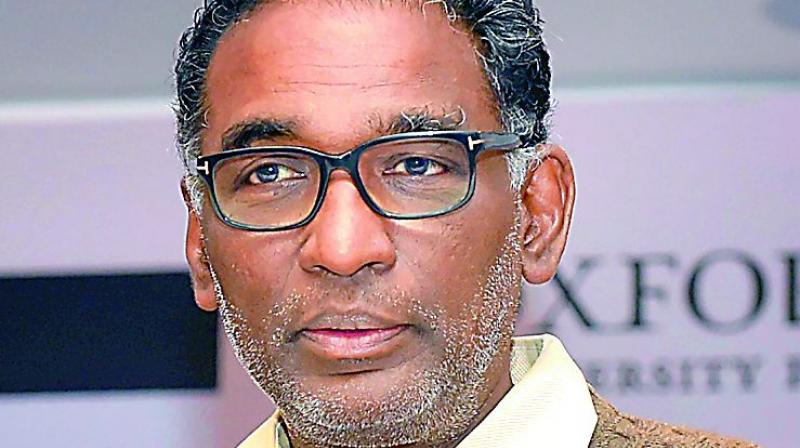Only confident judge can be independent, says Justice Chelameswar
In such situations, the character strength of the person holding the office comes to play, lest independence will be compromised, he said.

Kochi: Justice Chelameswar has recently said that the objective of the Constitution was to put a system of checks and balances to prevent abuse of power but the governments with absolute majority have always tried to control the judiciary. Speaking at the Conclave organised by Manorama News TV on July 12, the retired Supreme Court judge described the dynamics between power and independence and said that it is within human nature to abuse power. Justice Chelameswar who spoke on the topic “The Price of Independence”, said: “It was the nature of power to seek absolute control. However, a democratic society is based on rule of law and not rule of men. Therefore, the necessity of constitution emerges.”
While using a quotation “if men were to be angels there would not have been any need for government. If angels were to govern men, there would not have been any need for law”, Justice Chelameswar said that human frailties have to be taken into account for understanding the working of a constitutional government. “Although the constitution had several in-built safeguards to ensure independent working of different organs of state, the actualisation of independence depends on the persons occupying the high offices,” he said.
“A judge loses his independence mainly under two circumstances - one, when he has something to hide and two, when his ambitions preclude him from acting against the government. Only a judge confident about his capacity can be truly independent,” he said. When queried about him writing a letter to the Chief Justice of India complaining of executive bypassing the Supreme Court collegium in the matter of elevation of a judge of Karnataka High Court, Chelameswar said that governments with absolute majority have always tried to control judiciary.
“In such situations, the character strength of the person holding the office comes to play, lest independence will be compromised,” he said. He also refused to be drawn into a debate whether NJAC or collegium was a better system in appointing judges. Stating that he is ‘not opposing collegium or supporting NJAC as such’, he said: “The problem is not with the system. The problem was with the manner in which the system was operating. Whether NJAC or collegium, both systems can work well, provided they are operated with honesty.”

